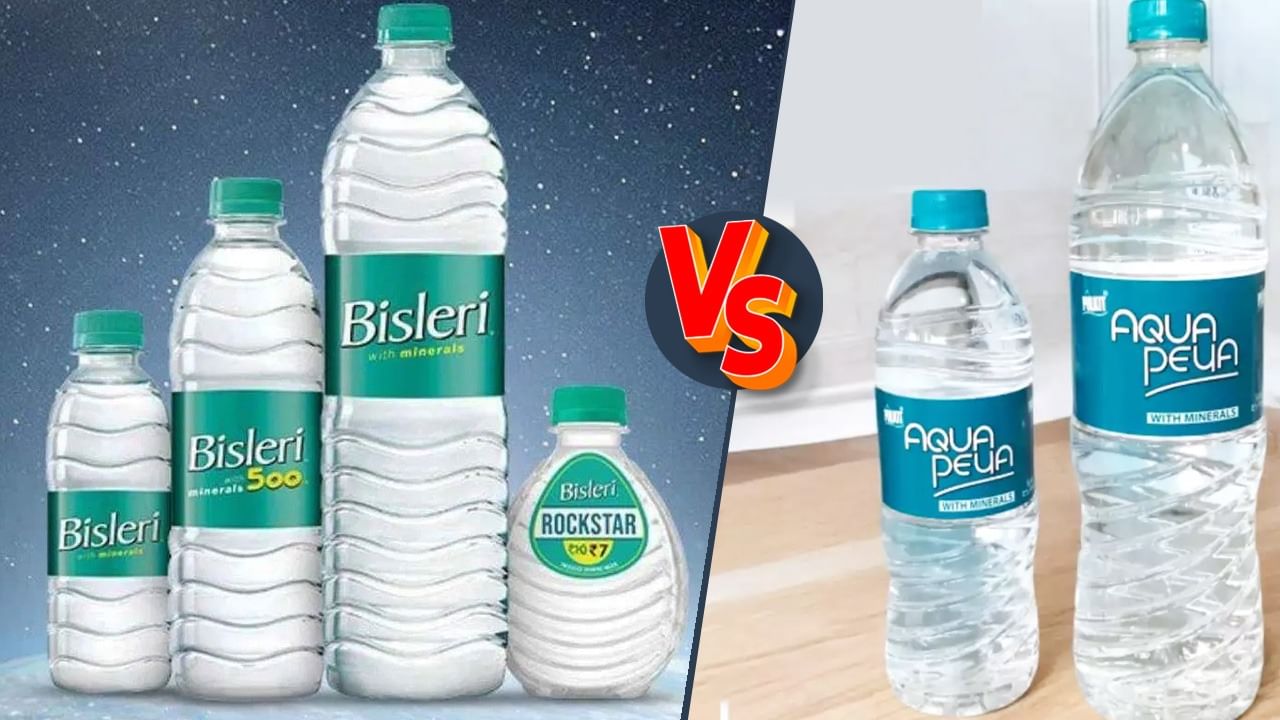A major controversy has emerged in the Indian packaged water industry. Recently, the Bombay High Court has ordered Startup Aquapeya to stop production and sale in the case of trademarks and copyright violations of Bislery International. This case highlights the importance of intellectual property rights in the Indian business world.
How did this matter start?
Aquapeya is an emerging packaged water brand, which participated in season 4 of the popular reality show Shark Tank India. In an episode aired in January, Aquapeya received a funding of ₹ 70 lakh from judges Namita Thapar and Ritesh Aggarwal. The provision of 3% equity and 1% royalty was fixed in this deal, causing the total assessment of startup to ₹ 23.33 crore.
However, in February, Bisleri International filed a case of trademark and copyright violations against Natvits Beverages, the producer of Aquapeya in the Bombay High Court. Bislery claims that Aquapeya’s trademark and its packaging are very similar to their registered trademark, which can cause confusion in consumers.
What was the decision of the court?
The Bombay High Court, while accepting Bislery’s plea, directed Aquapeya to stop the sale and production of his products immediately. The court admitted that it is necessary to protect the intellectual property of brands and new players in the competitive market cannot be allowed to copy the identity of existing established brands.
Why did Bisleri object?
Bisleri is a big name in the packaged water industry in India. Its brand identity has been persisted for many decades. Bisleri alleged that Aquapeya has adopted similar elements with his branding and market identity, which can cause confusion among consumers.
- Bisleri is India’s leading packaged water brand
- Aquapeya’s packaging and branding resembles Bisleri
- New startups should respect the intellectual property rights of existing brands
Big shock for aquapeya
This court order has proved to be a major setback for Aquapeya. The company recently gained important funding from investors and was trying to make its mark in the market. However, this case shows that it is necessary to pay special attention to intellectual property rights before launching any new product or service.
